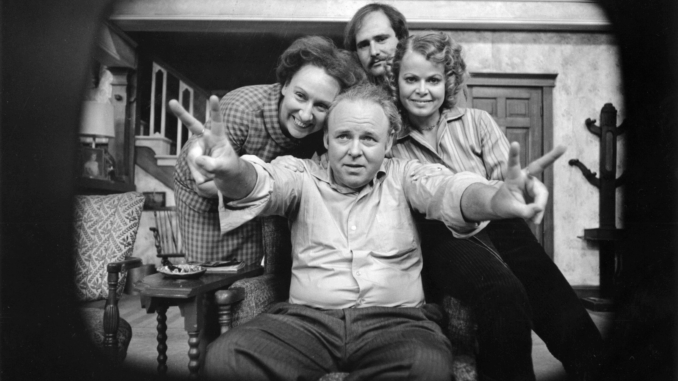
Discover how All in the Family revolutionized American television with bold storytelling, cultural impact, and groundbreaking humor that still resonates today.
How All in the Family Transformed American Television Forever
When All in the Family premiered in 1971, television would never be the same. The sitcom, created by Norman Lear, wasn’t just entertainment — it was a cultural shift that reshaped how Americans saw themselves on screen. By tackling social, political, and family issues with humor and honesty, the show became one of the most influential series in television history.
Breaking Television Taboos
Before All in the Family, sitcoms largely avoided controversial topics. The series dared to address racism, women’s rights, war, and class struggles — issues most shows sidestepped. Through Archie Bunker’s blunt (and often offensive) remarks, the show opened the door for conversations that had long been ignored in prime-time TV.
A Bold Reflection of Society
Archie, Edith, Gloria, and Mike weren’t just sitcom characters — they were reflections of real American families. The show highlighted generational clashes, cultural differences, and the complexities of changing social norms. By showing both flaws and virtues, All in the Family made audiences laugh while forcing them to think.
Redefining What a Sitcom Could Be
Unlike traditional sitcoms of the time, All in the Family was unafraid to spark debate. It proved that comedy could do more than entertain — it could challenge perspectives and influence society. The show’s blend of sharp humor and social commentary laid the groundwork for later groundbreaking series like Roseanne, The Simpsons, and Modern Family.
Lasting Cultural Impact
The legacy of All in the Family extends far beyond its original run. It paved the way for more daring television storytelling and created iconic spin-offs like Maude, Good Times, and The Jeffersons. Its influence can still be seen in how modern sitcoms approach social issues with authenticity and wit.
Why It Still Matters Today
Decades later, All in the Family remains relevant because the issues it addressed are still part of the national conversation. Its humor, honesty, and courage remind us that television can be both a mirror of society and a catalyst for change.